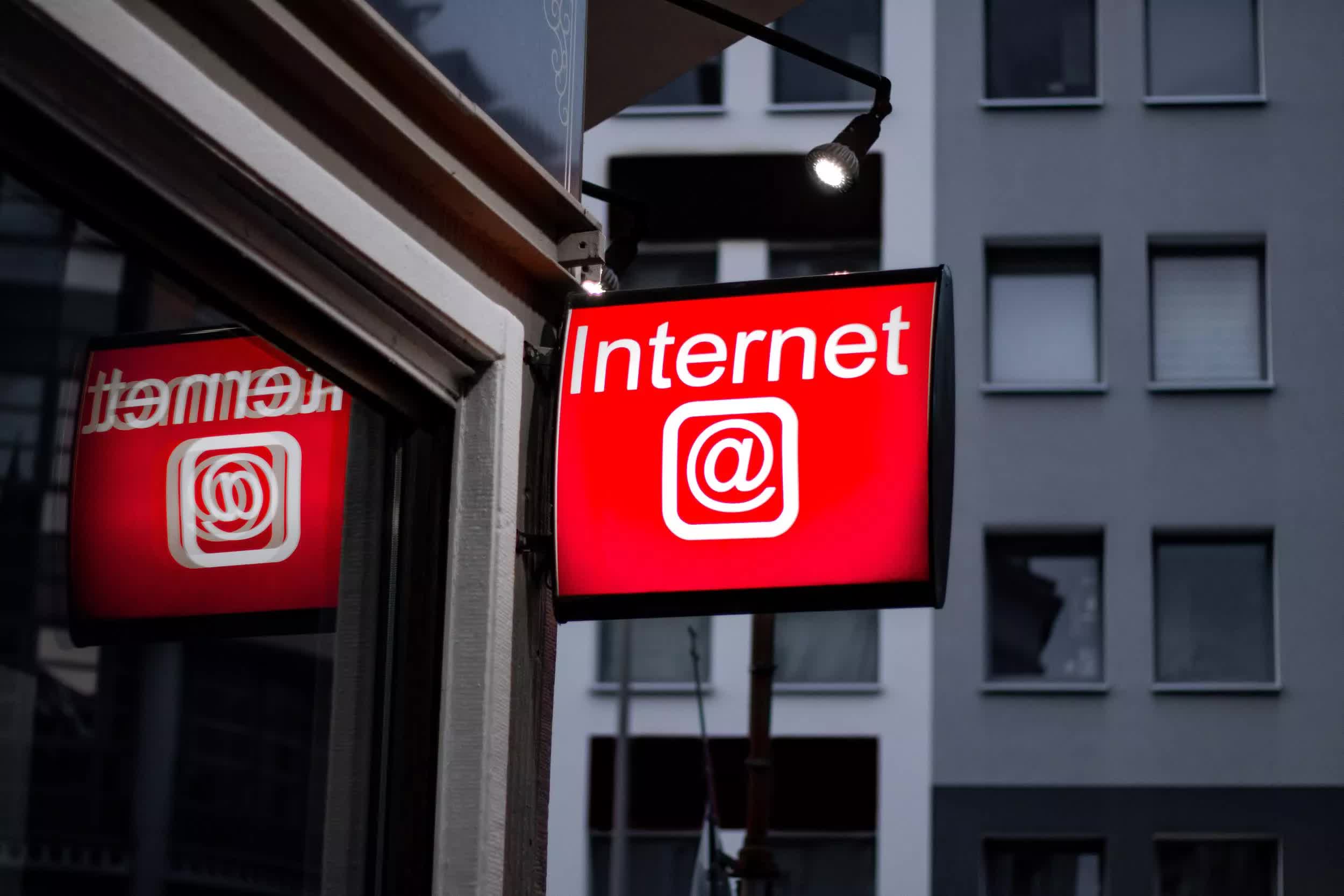What just happened? This week, Colorado Governor Jared Polis signed a bipartisan bill that enables cities and towns in the state to offer high-speed municipal broadband service to residents. A now-defunct state law dating back to 2005 required local governments to hold elections to decide whether they could provide cable TV services or municipal broadband to the local communities.
The restrictive old law (SB05-152) is believed to have been formulated under intense lobbying from cable and telecommunication companies and prohibited local governments from spending money on broadband infrastructure without voter approval, thereby impeding infrastructure development.
The new provision eliminates the restrictions, enabling local governments to provide their communities with internet services without holding an election. Colorado Broadband Office Executive Director Brandy Reitter believes the new law better positions the state to establish a competitive broadband market for future generations.
Ars Technica reports that the bill received bipartisan approval from the Colorado State House and the Senate. The House passed it with a 48-14 majority, while the Senate voted it in 31-4.

The Colorado Governor's Office of Information Technology issued a press release stating that the state will receive "an impactful amount" of federal broadband funding over the next five years as part of the US Treasury's Capital Projects Fund and the National Telecommunications and Information Administration's Broadband Equity, Access, and Deployment Program. Both are aimed at infrastructure improvement and addressing the state's digital gap.
Apart from allowing cities and towns to offer their high-speed broadband services to residents, Senate Bill 23-183 will also enable the state to make optimal use of the upcoming federal broadband funding, including using federal grants for various digital adoption programs.
Many Colorado towns already opted out of the 2005 law in recent years despite solid lobbying by industry groups led by Comcast and CenturyLink. Overall, 120 out of 272 municipalities in the state have voted to give themselves the authority to offer broadband to their citizens. The list includes cities like Denver, which opted out of the old law in 2020, and Fort Collins, which overruled it in 2017.
